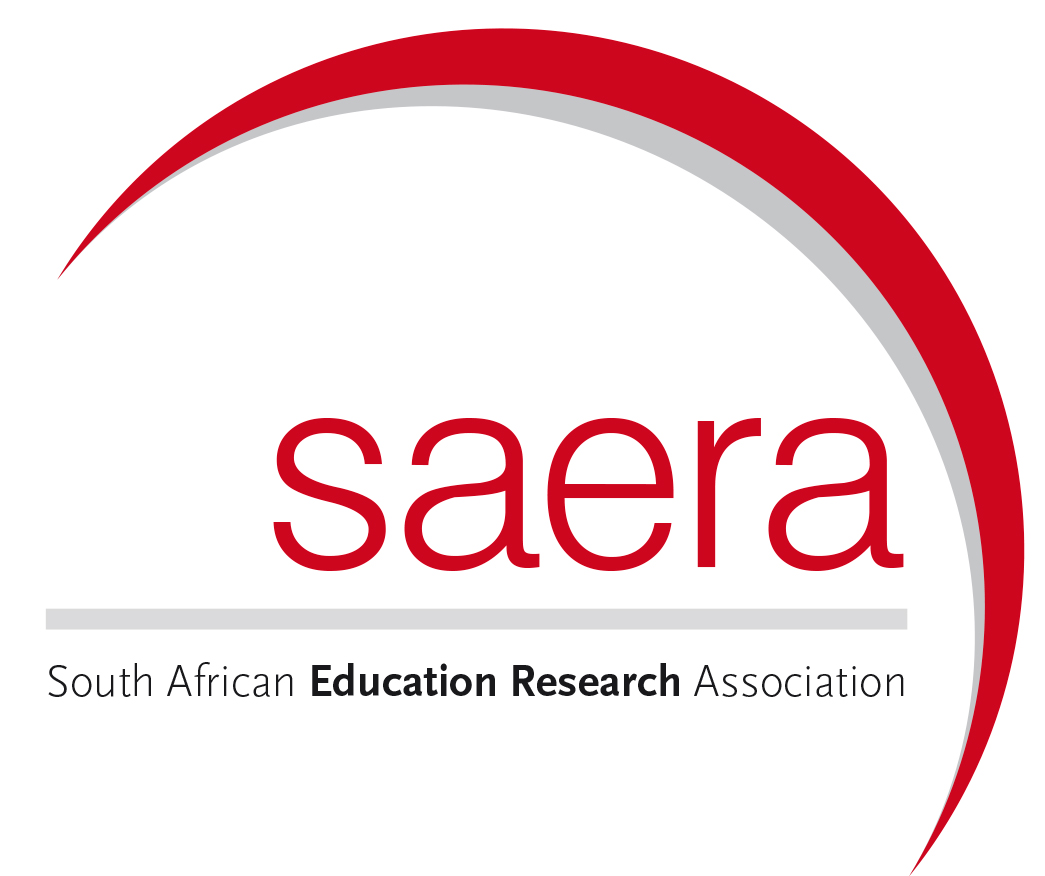Original Research
Academic integrity of university students during emergency remote online assessment: An exploration of student voices
Submitted: 10 June 2021 | Published: 27 September 2021
About the author(s)
Anne H. Verhoef, Department of Philosophy, Faculty of Humanities, North-West University, Potchefstroom, South AfricaYolandi M. Coetser, Department of Philosophy, Faculty of Humanities, North-West University, Potchefstroom, South Africa
Abstract
Background: This article examines the phenomenon of academic integrity during the coronavirus disease 2019 (COVID-19) pandemic, with particular reference to emergency online assessments in 2020.
Aim: It explores academic dishonesty, cheating and plagiarism of university students during emergency remote online assessment, from the perspective of South African students.
Setting and Methodology: The authors explore the approaches of different universities worldwide, as well as the extant literature on the topic. An examination of the current literature related explicitly to the COVID-19 online assessments reveals a dearth of engagement by researchers in the South African context. In order to address this lacuna, the authors rely on data generated from an institutional forum on academic dishonesty at a University in South Africa. It focuses specifically on the voices of students presented during the forum, which explained both why students are dishonest and ways to curb dishonesty.
Results and Conclusion: The data generated show whilst some students were dishonest due to pandemic-related issues (like lack of monitoring), there are also other reasons, such as lack of time management, feeling overwhelmed and stressed and struggling with technology that contributes to student dishonesty. Students suggest that assessments be approached differently online to curb academic dishonesty. The paper concludes by providing some fundamental changes needed to address academic dishonesty.
Keywords
Metrics
Total abstract views: 4631Total article views: 5080
Crossref Citations
1. Did the COVID-19 pandemic lead to an increase in academic misconduct in higher education?
Bob Ives, Ana-Maria Cazan
Higher Education vol: 87 issue: 1 first page: 111 year: 2024
doi: 10.1007/s10734-023-00996-z
